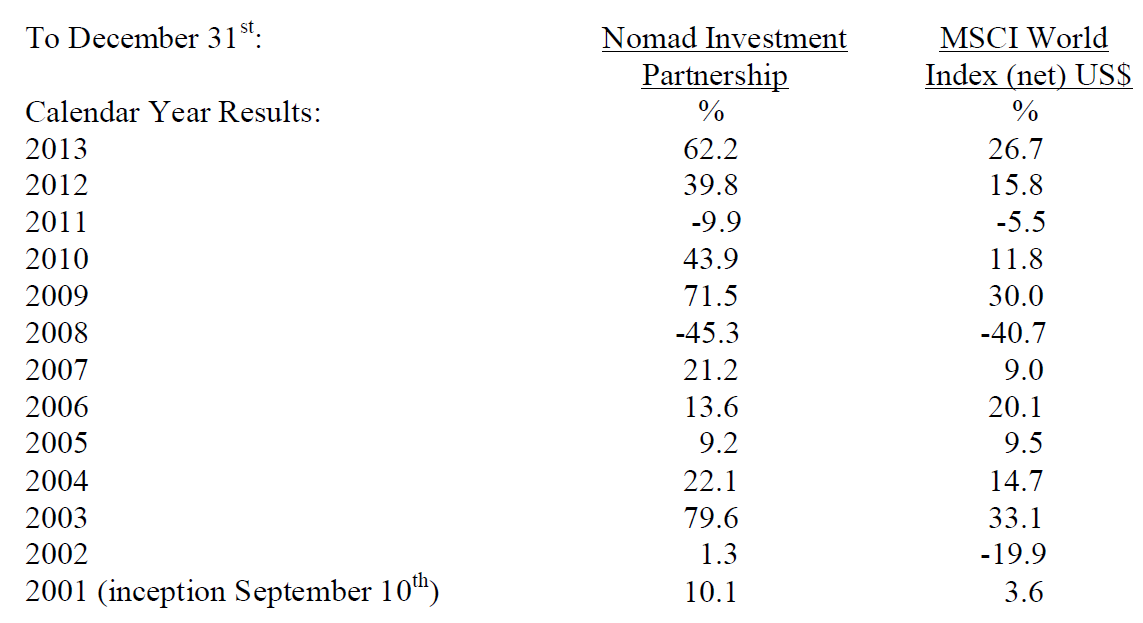
We all accumulate stuff, ideas, positions. Clutter accumulates on our bookshelves and calendars, in our portfolios and minds.
To be open for the new, we have to create empty space. Or risk being forced into a clean slate by an increasing disconnect from reality.
To be open for the new, we have to create empty space. Or risk being forced into a clean slate by an increasing disconnect from reality.
“If Berkshire has made modest progress, a good deal of it is because Warren and I are very good at destroying our own best-loved ideas. Any year that you don’t destroy one of your best-loved ideas is probably a wasted year.” -Charlie Munger
.@cdixon wrote about the hill climbing problem: to reach the highest peak without visibility requires some randomness in order to avoid getting stuck on a lower hill.
Getting to better ideas requires slack and time for exploration, lest we settle for 'good enough.'
Getting to better ideas requires slack and time for exploration, lest we settle for 'good enough.'

Stephen King wrote about his editing process and constantly removing what seemed dear at the time of the first draft.
“Kill your darlings, even when it breaks your egocentric little scribbler’s heart, kill your darlings.”
“Kill your darlings, even when it breaks your egocentric little scribbler’s heart, kill your darlings.”
Hedge fund manager Michael Steinhardt sometimes liquidated his entire portfolio when he was out of touch with the market.
“The only redeeming part about ending an awful year is that you wipe the slate clean and start all over again.”
“The only redeeming part about ending an awful year is that you wipe the slate clean and start all over again.”

Comedian Louis C.K. learned from George Carlin to start from scratch regularly.
“I had been going in a circle that didn't take me anywhere. Nobody gave a shit who I was and I didn't either. I had been doing the same hour of comedy for 15 years and it was shit.”
“I had been going in a circle that didn't take me anywhere. Nobody gave a shit who I was and I didn't either. I had been doing the same hour of comedy for 15 years and it was shit.”
Paul Tudor Jones made the clean slate part of the risk management for his traders.
“Drawdowns will be accompanied by reduction in trading size, trading for liquidation only, and vacations” or even “a complete liquidation of all trades."
“Drawdowns will be accompanied by reduction in trading size, trading for liquidation only, and vacations” or even “a complete liquidation of all trades."
“We have found it necessary to force traders to sit out of the market ... for many reasons, including a chance to cool off and detach … time to evaluate goals and objectives, reasons for failure … time to do self-evaluation … a chance to interrupt negative behavior patterns.”
Do you know where clutter accumulates in your life?
What are you holding on to that you no longer need?
Do you have a process to create space for new ideas before you get stopped out by life?
I wrote about this on my substack:
neckar.substack.com/p/the-clean-sl…
What are you holding on to that you no longer need?
Do you have a process to create space for new ideas before you get stopped out by life?
I wrote about this on my substack:
neckar.substack.com/p/the-clean-sl…
• • •
Missing some Tweet in this thread? You can try to
force a refresh







